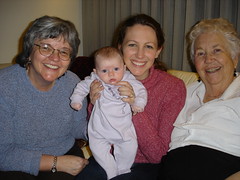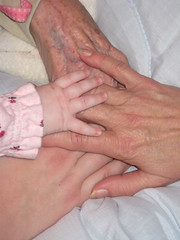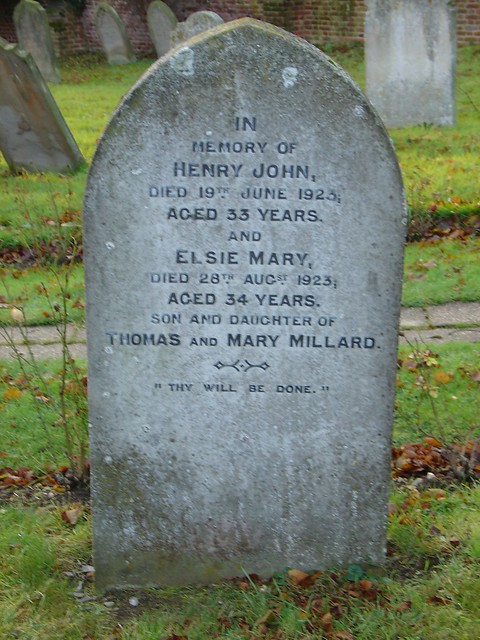We’re excited to have Dr. G David Boyd as one of our NYWC speakers. This blog post is a great start to the conversations he’ll be navigating in his seminar: DISCIPLESHIP BEYOND HIGH SCHOOL: THE SPIRITUAL DEVELOPMENT OF EMERGING ADULTS. Check out more information HERE.

My research among emerging adults reveals that they often feel they aren’t treated as adults within the church community. While being called “Davy” as a child never bothered me, when I left for college, I hoped to leave that name behind. Sometimes, the easiest way for emerging adults to be treated like an adult is to leave their old world behind.
William James, an American philosopher and psychologist, developed a theory of social selves which posits that an individual acts differently based upon the social situation and the expectations placed upon them. In some social contexts, emerging adults are expected to be an adult, while in other contexts, they are treated like a child. As emerging adults mature, our communication, actions, and words must display our support for their ongoing development.
Here are three ways you can allow your students to grow up:
Read the rest of my post here!
I am thankful for Youth Specialties, and for allowing me to contribute to the blog, and to the National Youth Workers Convention 2016.
 Dr. G. David Boyd is the managing director of EA Resources, a non-profit designed to equip parents and churches to engage emerging adults. He is also the founder of the EA Network, a community of people who serve and love emerging adults.
Dr. G. David Boyd is the managing director of EA Resources, a non-profit designed to equip parents and churches to engage emerging adults. He is also the founder of the EA Network, a community of people who serve and love emerging adults.












